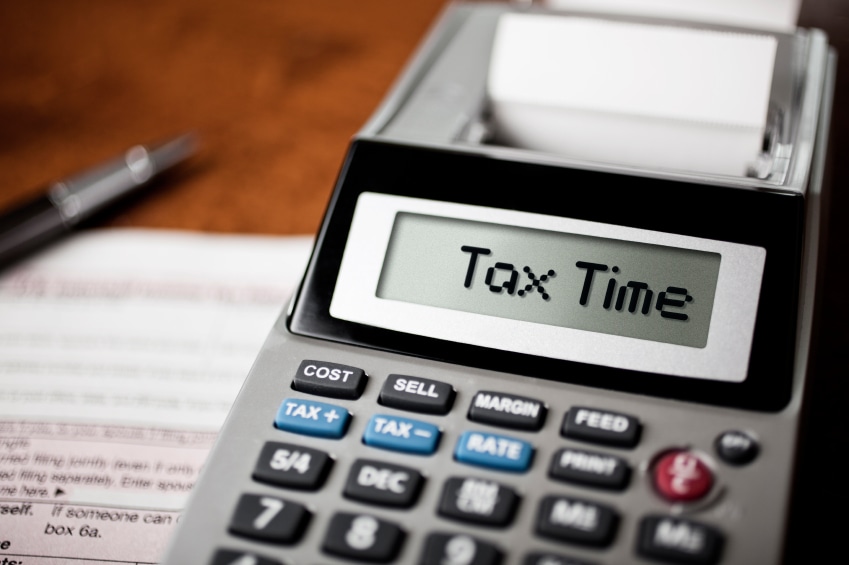People acting as executors for family or friends face settling inheritance tax bills out of their own money if settling an estate takes more than a few months.
Many executors take the job on to help their loved ones without realising the financial burden they may face if selling property owned by the deceased takes too long.
The law says the executor liquidates an estate, settles bills and taxes then distributes what is left to the beneficiaries as ordered by the terms of a will.
Inheritance tax must be paid to HM Revenue & Customs no more than six months after the date of death.
Call to change tax rules
But many estates comprise a mix of property, cash, shares and other possessions that can sometimes take months or years to sell.
If the assets are unsold when inheritance tax falls due, the bill still has to be paid.
This can mean the executor arranging a loan or even paying the bill from their own pockets.
Families can plan to pay the tax bill by saving money, taking out life insurance written in trust or borrowing the cash from a bank.
Financial firm Royal London is calling on the government to change the tax rules so executors are not left with large bills they cannot pay.
Financial stress
Helen Morrissey, personal finance specialist at Royal London said: “People agree to be executors to ensure the wishes of a friend or family member are honoured after death. However, they are unwittingly leaving themselves open to footing what can be a sizeable inheritance tax bill. We are seeing more estates than ever subject to inheritance tax and larger estates can take a long time to wind up.
“Many executors may have no idea that they could be responsible for finding the money for a large tax bill before money in the estate is available.
“While the money can be reclaimed once assets have been sold it is an issue that could cause many executors real financial stress during an already difficult time. HMRC needs to think again about giving executors who are acting in good faith more time to sort out an estate before they start demanding tax.”
Any money advanced to pay the tax bill can be repaid by the estate before the residue is paid to beneficiaries, but executors could still face financial hardship waiting for the reimbursement.
